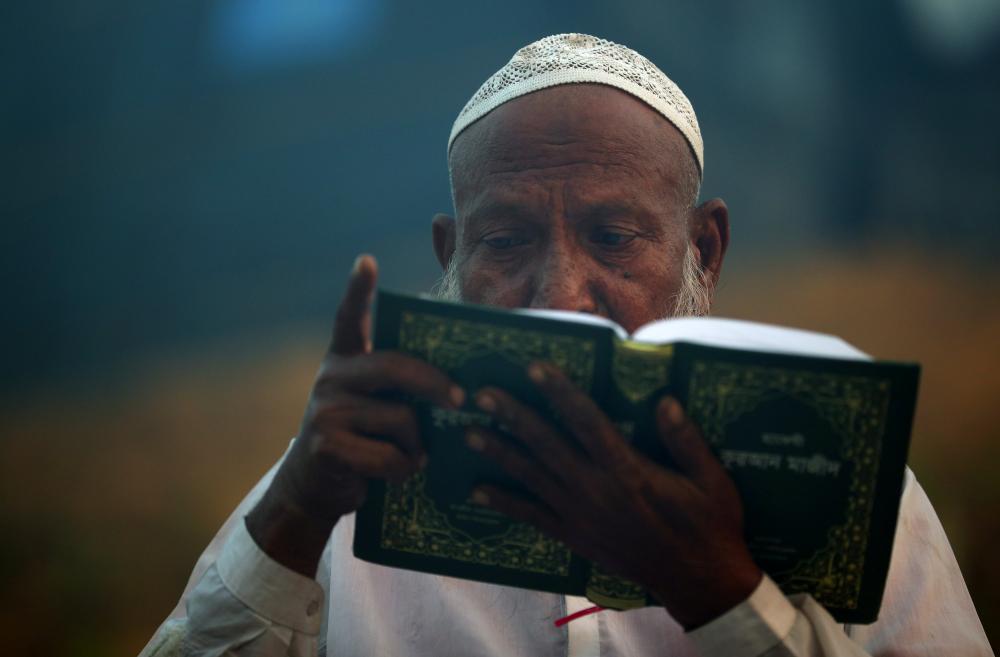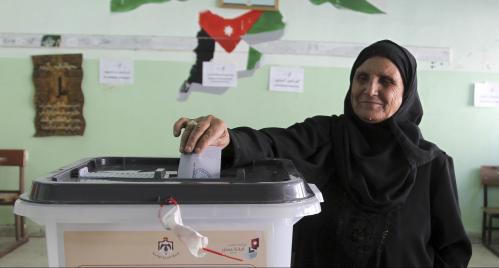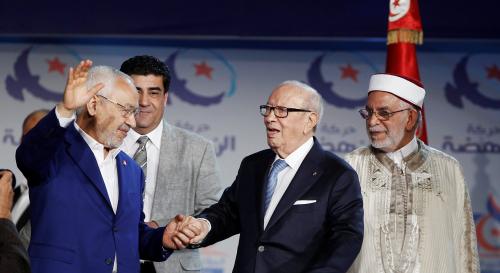
Society & Culture
How much does scripture influence the political behavior of Islamists?
Leading scholars of Islamist movements responded to questions on the future of Islamism, in a survey conducted by our Rethinking Political Islam initiative. See their responses − and the reasoning behind them − summarized in this series.



